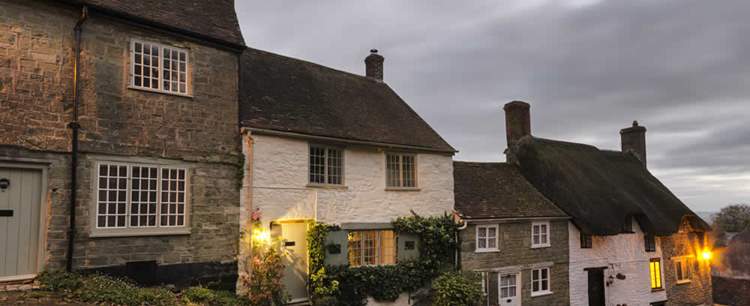Holiday home contents insurance might prove to be invaluable in a situation where you have experienced a burglary or some form of disaster that has caused you to lose your precious belongings.
What makes holiday home contents different?
Most of us are familiar with contents insurance. It protects us against the worst financial consequences of certain types of peril or human intervention, such as burglary removing or destroying our belongings.
There are though a few things that make holiday home contents insurance a little different:
- insurance providers may see your contents as being at a slightly higher risk. That’s due to the fact that there may be significant parts of the year when your property is unoccupied;
- one obvious example might be the higher risk of burglary in unoccupied properties;
- you may also simply not be there to spot what was initially a minor problem, such as a leak, which subsequently turns into a significant disaster causing much damage to your contents.
For all these reasons, holiday home contents insurance typically contains some differences to a similar policy in the context of main residence owner-occupier cover.
Residential park home insurance
You should also be aware that park home contents insurance – while it may sound like it fits the bill for the cover you need – is in fact completely different too. Park home contents insurance is designed for residential park homeowners who permanently live in their mobile home on a licenced residential park home estate.
Let properties
If you are deciding to let your property then it’s important that your contents insurance reflects such.
If you are letting on a furnished basis, your contents may be at a higher risk due to the fact that they are not under the owner’s personal care on a daily basis. Even the most responsible tenants might not apply the same care and attention to their protection as the owner would.
Even if you are letting unfurnished, be cautious about assuming that contents insurance isn’t required. This arises due to the fact that not all buildings policies necessarily have the same understanding of just what is a “fixture and fitting”.
Fixtures and fittings are typically covered under a buildings policy, whereas contents aren’t. So if your buildings policy considers things around your house to be contents and you don’t have contents insurance, they may not be covered.
Conditions
Whatever type of holiday property you have, including the classic park home, your contents insurance may bring with it certain specific conditions.
The policy would need to be read carefully in order to understand these conditions but they might include:
- the need to use enhanced security bolts on doors and windows, due to the fact your property may sit unoccupied for much of the year;
- requiring expensive individual items to be securely stored off-site, perhaps in a bank;
- periodic inspections by an authorised party when the property is unoccupied;
- a discount for the installation of some form of professional burglar alarm or related security system.
Such conditions are rarely onerous but they may differ from a typical owner-occupier type policy – so they should be understood and complied with if your cover is to remain in force.
Summary
Holiday home contents insurance is one of the more straightforward types of insurance cover available in the marketplace.
Whether you have a cottage, flat, bungalow or park home, you should consider such insurance carefully and make sure that a policy is appropriate for your individual circumstances and the way you are using your holiday home.



